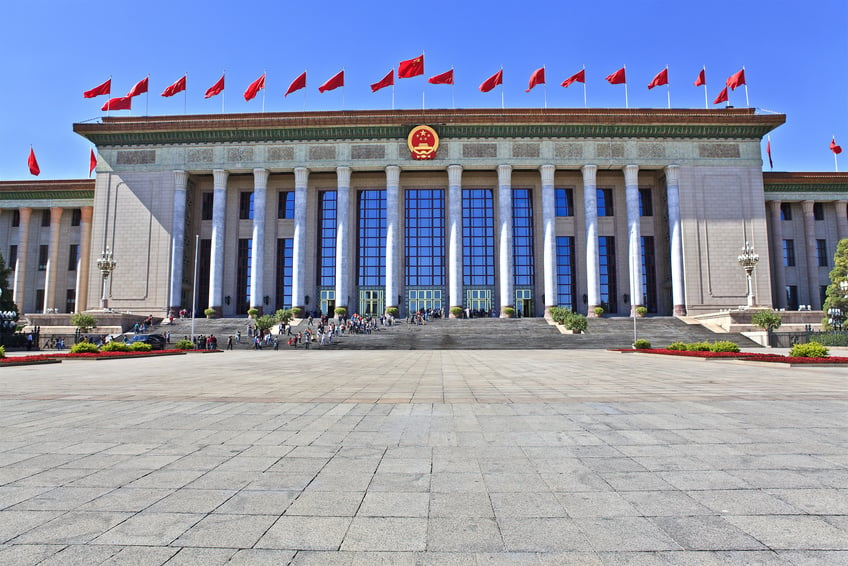Data privacy and cybersecurity are two of the biggest concerns that companies holding personal data face in 2016. This is no surprise as 2015 saw an alarming increase in data breaches worldwide and a number of incidents in Hong Kong.
Enterprises which commit certain illegal activities, including commercial bribery offences, can be added to a blacklist published in the Enterprise Credit Information Publicity System provided by the SAIC.
The economic literature explains that most markets tend towards oligopoly over the longer term. This does not necessarily imply that competition is impaired.
What are the rules protecting data in Asia Pacific? What can you do to recover information if you have been hacked? The Cybersecurity Counter-offensive Asia Pacific Guide has been launched in response to a wave of new cybersecurity legislation throughout the Asia Pacific region to regulate and monitor cybersecurity.
On 15 October 2015, Mofcom and the European Commission entered into a best practices framework for cooperation in reviewing mergers. The framework marks growing cooperation between regulators handling multinational transactions. Find out what this means in practice.
With the steady increase of global regulation and enforcement across all industries in today’s commercial world, the conduct by companies of independent and credible internal investigations is swiftly being recognised as a standalone area of expertise
On 20 October 2015, China’s national healthcare regulator published the Administrative Measures on Accepting Donations for Public Welfare by Healthcare Entities which revise earlier rules on healthcare donations and provide an endorsement of their legitimate purposes.
The White House issued a “Fact Sheet” summarizing the outcome of the meetings between President Xi and President Obama with respect to areas in which the United States and Chinese governments agreed “to work together to constructively manage our differences” and decided “to expand and deepen cooperation.”
Although internal whistleblower complaints have long played an important role in the Chinese government’s anti-corruption campaign against government officials, these complaints have recently become a significant concern and challenge for many multinational companies operating in China.
China’s Ninth Amendment to the PRC Criminal Law was adopted on 29 August 2015 and becomes effective on 1 November 2015. The Ninth Amendment introduces stricter measures on bribe-givers. Under this new regime, individuals and organizations involved in corrupt activities will also be subject to tougher sanctions.


